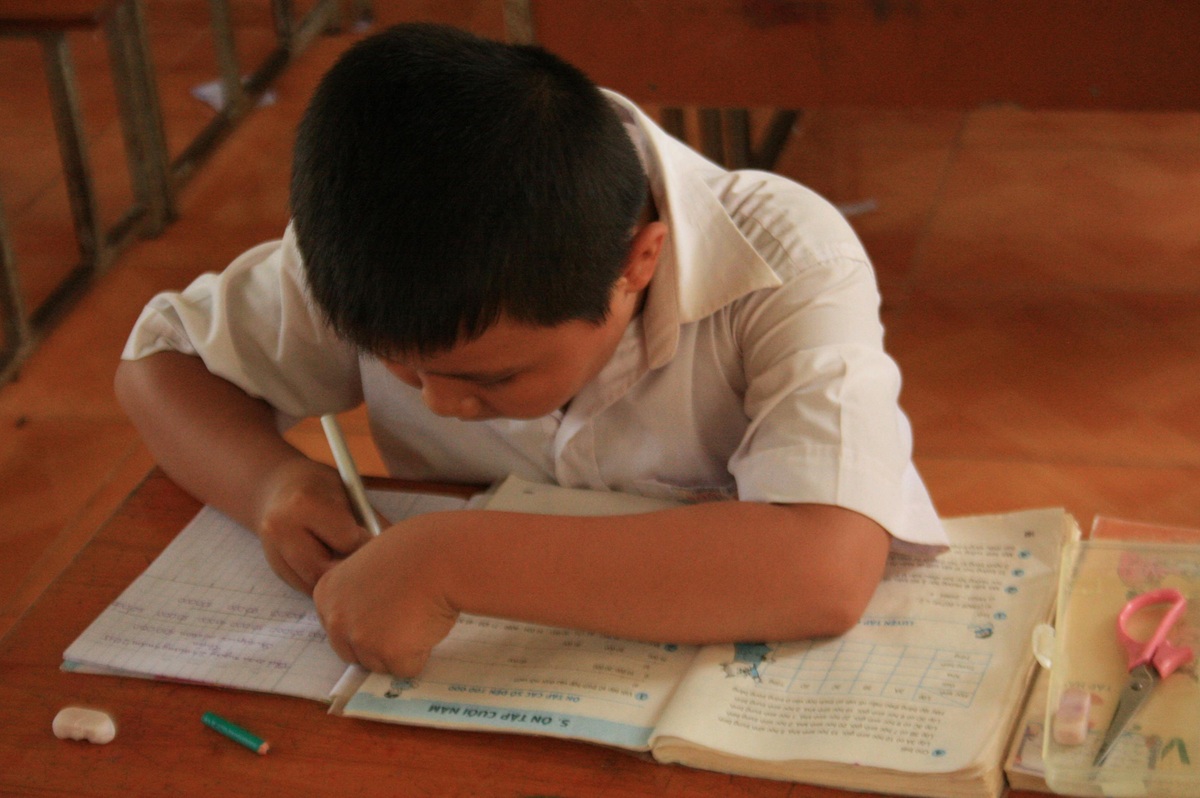Artificial Intelligence from primary school in China
In the race with Washington for dominance in this crucial sector, Beijing has now introduced new educational guidelines aimed at equipping students with the ability to design algorithms by the time they reach secondary school. Rather than solely focusing on developing the most advanced technologies, China aims to win this global competition by cultivating a society that can fully harness the potential of these tools.
Milan (AsiaNews/Agencies) – In recent weeks, new guidelines have been published outlining the integration of artificial intelligence (AI) into China’s education system, starting from the earliest stages of schooling.
Chinese pupils will thus be introduced to the possibilities of AI from primary school, with the goal of enabling them to independently understand and design algorithms by the time they finish secondary education.
The plan aligns closely with two key development objectives put forward by President Xi Jinping. The first, part of a wider institutional reform launched in 2023, seeks to gradually eliminate courses deemed “unsuitable for social and economic development” in order to better align students with the needs of an emerging society. The second relates to China’s ambitious aim to become a global leader in AI by 2030.
This includes the “AI+” campaign, which already offers incentives to companies that adopt artificial intelligence – a successor to the earlier “Internet+” strategy, which successfully fostered a digital consumer economy in China more advanced in many respects than its Western counterparts.
Through this education reform, children will begin using AI technology from the outset, helping to close the educational gap between students in urban centres and those in rural areas, where access to such software is not always guaranteed.
The guidelines reflect an approach focused on educating the new generation about the vast potential of this technology. However, they appear to pay little attention to the equally vast risks posed by unregulated and uncritical use.
The only risk explicitly acknowledged is the danger of overdependence, with a rule prohibiting students and teachers from relying exclusively on AI to complete their work.
Across the world, there is growing debate about the impact of widespread AI use on the development of critical thinking skills. Such concerns, however, have never been a priority in China’s education system, where ideological rigidity already poses a challenge to independent thought.
The clear aim of this reform is to gain an advantage in the technological rivalry with the United States by preparing future generations accordingly.
In this kind of arms race, the two countries are pursuing different but not mutually exclusive strategies. According to Zhang Yaqin, former head of China’s leading search engine Baidu, “American companies focus on the model, while Chinese companies aim for practical applications of artificial intelligence.” The underlying idea is that the value created by AI does not lie solely with those who develop it, but with those who apply it effectively.
While Washington continues to focus on developing the most sophisticated technologies, Beijing is pursuing a broader societal strategy. In other words, Xi Jinping’s vision goes beyond research and innovation: he seeks not only to develop software, but also to shape users who can make intelligent and strategic use of this powerful technology.
03/10/2025 14:09







.png)










